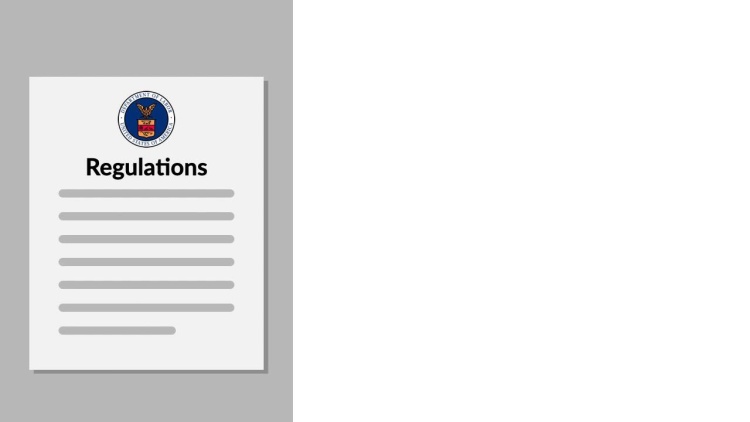Auer v. Robbins
United States Supreme Court
519 U.S. 452 (1997)
- Written by Rose VanHofwegen, JD
Facts
A group of police officers (the officers) plaintiffs) brought an action against members of the board of police commissioners (defendants) seeking payment of overtime pay under the Fair Labor Standards Act (FLSA). The board members claimed that the officers were not entitled to overtime pay because they were exempt employees under the FLSA. Pursuant to regulations promulgated by the secretary of labor (secretary), one of the requirements to be considered an exempt employee under the FLSA was that the employee earn a specific minimum amount of compensation on a salary basis, i.e., that the employee receive regular predetermined pay at set intervals, with the amount of compensation not subject to decrease because of variations in the employee’s quantity or quality of work performed. The officers claimed they did not meet the salary-basis requirement because the police manual provided that officers’ compensation could be reduced for some disciplinary infractions based on their quantity or quality of work. The officers also claimed that they did not meet other requirements to be exempt employees under the FLSA, including that their duties were not executive, administrative, or professional. The district court found that the officers satisfied the salary-basis requirement and that most of the officers satisfied the duties requirement. The appellate court concluded that all the officers satisfied both the salary-basis and duties requirements and were thus exempt employees under the FLSA who were not entitled to overtime pay. The United States Supreme Court granted certiorari.
Rule of Law
Issue
Holding and Reasoning (Scalia, J.)
What to do next…
Here's why 907,000 law students have relied on our case briefs:
- Written by law professors and practitioners, not other law students. 47,100 briefs, keyed to 996 casebooks. Top-notch customer support.
- The right amount of information, includes the facts, issues, rule of law, holding and reasoning, and any concurrences and dissents.
- Access in your classes, works on your mobile and tablet. Massive library of related video lessons and high quality multiple-choice questions.
- Easy to use, uniform format for every case brief. Written in plain English, not in legalese. Our briefs summarize and simplify; they don’t just repeat the court’s language.





